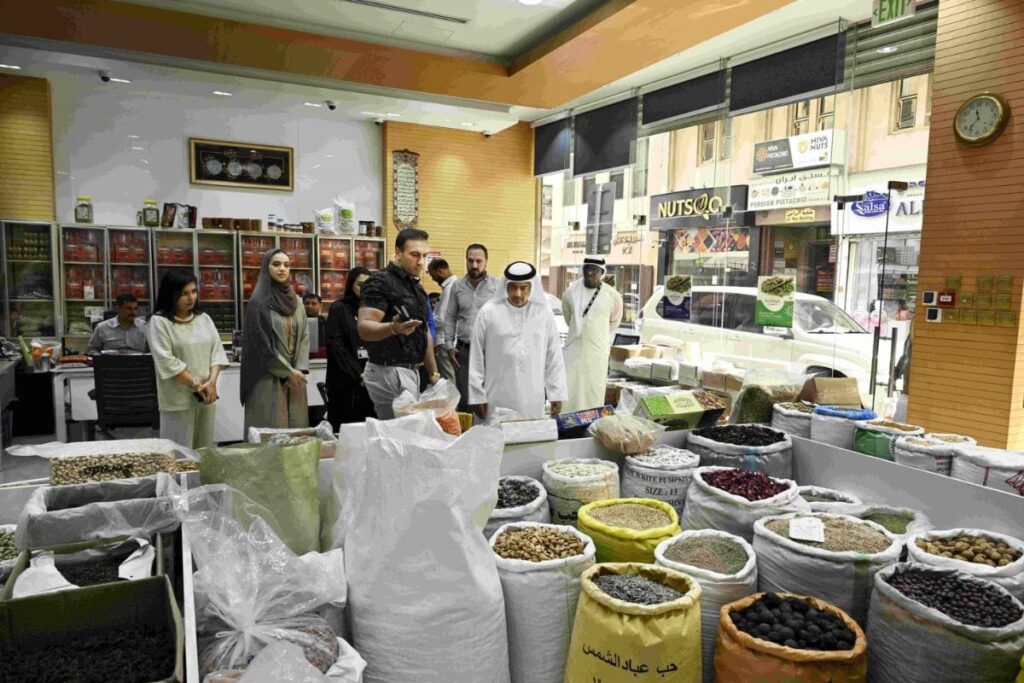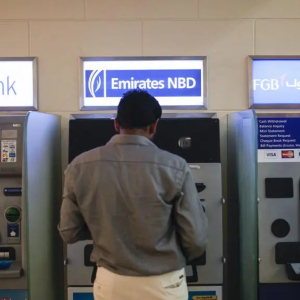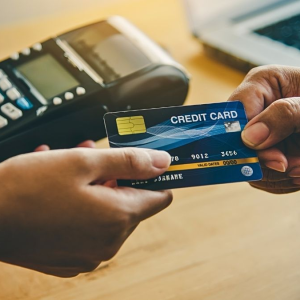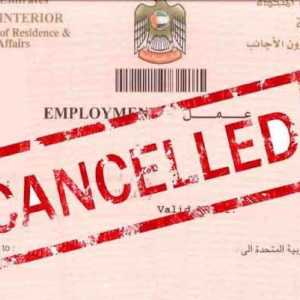Dubai’s online food delivery sector is rapidly growing and has become an integral part of the city’s dynamic economy. With revenues projected to exceed AED 5 billion ($1.36 billion) by 2025, this sector is not just a convenience for consumers but also a major contributor to employment, technological innovation, and urban economic development. Recognizing the importance of this growth, the Dubai Corporation for Consumer Protection and Fair Trade (DCCPFT) has launched a dedicated working group, bringing together public and private stakeholders to strengthen the city’s fast-growing online food delivery sector.
This initiative demonstrates Dubai’s forward-thinking approach, focusing on fair competition, sustainability, and transparency while ensuring that businesses and consumers alike benefit from the sector’s growth.
Introduction
The online food delivery sector in Dubai has become more than just a convenience—it is a key driver of the city’s digital economy. Rapid technological advancements, a young and tech-savvy population, and a growing preference for online services have fueled the sector’s growth. From multinational delivery platforms to small local startups, Dubai’s market has seen intense competition and innovation.

The DCCPFT recognizes that as the sector grows, challenges such as fair competition, consumer protection, and business transparency must be addressed. The creation of the new working group is a proactive measure to ensure that the city’s online food delivery sector continues to grow in a structured, fair, and sustainable way.
Formation of the Working Group
The working group comprises representatives from government entities, food delivery platforms, restaurants, logistics providers, and other key stakeholders. Its primary goal is to strengthen the Dubai online food delivery sector through collaboration, transparency, and industry best practices.

The objectives of the working group include:
- Developing Best Practices: Establishing operational guidelines and standards to ensure consistent, high-quality service across the industry.
- Enhancing Collaboration: Promoting dialogue between public authorities and private businesses to align growth strategies and regulatory frameworks.
- Addressing Sector Challenges: Identifying potential issues such as unfair competition, delivery delays, and lack of transparency, and proposing actionable solutions.
- Supporting Sustainable Growth: Encouraging innovations that improve efficiency, customer satisfaction, and long-term economic contributions.
By fostering a collaborative approach, the group ensures that both small and large players in the Dubai online food delivery sector can thrive while maintaining fairness and quality.
Issuance of New Guidelines
To complement the formation of the working group, DCCPFT has issued comprehensive industry guidelines. These guidelines provide a clear framework for all stakeholders, ensuring that the Dubai online food delivery sector remains competitive and transparent. Key focus areas of the guidelines include:
- Platform Engagement: Defining fair contractual terms between delivery platforms and restaurants to avoid monopolistic practices.
- Data Transparency: Encouraging open access to key business metrics while protecting sensitive consumer data.
- Business Standards: Recommending practices that maintain high operational quality and customer satisfaction.
These guidelines aim to create a level playing field in the market, helping new entrants compete fairly while ensuring established players maintain quality standards. By doing so, Dubai strengthens its reputation as a hub for reliable and innovative food delivery services.
Market Growth and Economic Importance
Dubai’s online food delivery sector is projected to generate significant economic impact. With estimated revenues surpassing AED 5 billion by 2025, the sector supports thousands of jobs, from delivery drivers and customer service staff to app developers and logistics coordinators. This growth also encourages ancillary businesses such as packaging suppliers, food producers, and tech service providers.
The sector’s expansion reflects broader trends in consumer behavior. Increasingly, residents and visitors prefer the convenience of ordering meals online rather than dining out or cooking at home. Additionally, Dubai’s global tourism sector further fuels demand for fast, reliable food delivery options.
The working group’s role is crucial in ensuring that this growth is sustainable, competitive, and beneficial for all stakeholders.
Alignment with Dubai Economic Agenda (D33)
Dubai’s Economic Agenda, known as D33, aims to double the size of the emirate’s economy by 2033. A key component of this agenda is developing a digital economy that fosters innovation, fairness, and competitiveness. Strengthening the online food delivery sector aligns perfectly with these goals.
By establishing the working group and implementing industry guidelines, Dubai demonstrates its commitment to fostering a thriving digital marketplace. The initiative not only supports economic growth but also attracts investment, encourages entrepreneurship, and strengthens Dubai’s position as a global business hub.

The Role of Technology in Growth
Technology is at the heart of the Dubai online food delivery sector. Advanced mobile applications, AI-driven logistics, real-time tracking systems, and customer feedback platforms have transformed the way consumers order and receive food. These innovations improve delivery efficiency, enhance customer experiences, and allow businesses to operate more effectively.
The working group is expected to support technology adoption across the sector. By promoting digital solutions and encouraging innovative practices, Dubai ensures that its online food delivery sector remains at the forefront of global industry trends.
Consumer Protection and Quality Assurance
A core focus of the working group is consumer protection. As online food delivery grows, maintaining high standards of safety, hygiene, and service quality is critical. The DCCPFT emphasizes:
- Transparent pricing and delivery fees.
- Clear communication regarding food preparation, delivery times, and refunds.
- Adherence to health and safety regulations.
Through these measures, Dubai enhances customer trust and satisfaction, ensuring that consumers feel confident using online delivery services.
Supporting Small and Medium Enterprises (SMEs)
The online food delivery sector is not just dominated by large platforms; small and medium enterprises (SMEs) play a vital role. Restaurants, cafes, and niche food businesses rely heavily on delivery services to reach a broader audience. The working group focuses on:
- Creating equitable opportunities for SMEs to access platforms.
- Offering training and resources to help small businesses improve their digital presence.
- Ensuring fair pricing and visibility on delivery apps.
By supporting SMEs, Dubai strengthens the local economy, encourages entrepreneurship, and maintains a diverse, competitive marketplace.
Sustainability Initiatives
As the sector grows, environmental sustainability has become an important consideration. The working group encourages practices such as:
- Reducing single-use packaging.
- Promoting eco-friendly delivery options, including electric or hybrid vehicles.
- Encouraging waste reduction and recycling programs.
Integrating sustainability into the Dubai online food delivery sector ensures long-term environmental and economic benefits, aligning with global trends toward responsible business practices.
Commitment to Fair Competition
Dubai’s working group emphasizes fairness in the market. By establishing guidelines for equitable platform engagement, transparent pricing, and fair access for all businesses, the initiative helps prevent monopolistic practices and ensures a healthy competitive environment.
Fair competition encourages innovation, improves service quality, and benefits both businesses and consumers. Dubai’s approach positions the city as a model for how digital economies can grow responsibly.
Future Outlook
Looking ahead, the Dubai online food delivery sector is poised for continued growth. Factors contributing to this include:
- Increased adoption of mobile and online ordering platforms.
- Rising demand from both residents and tourists.
- Continued technological innovation in logistics and delivery.
- Regulatory support from initiatives like the DCCPFT working group.
By addressing challenges proactively and fostering collaboration among stakeholders, Dubai is creating a resilient, dynamic, and sustainable online food delivery ecosystem.
Conclusion
Dubai’s proactive approach to strengthening its online food delivery sector through the establishment of a dedicated working group and comprehensive guidelines reflects the city’s commitment to fairness, transparency, and innovation. By aligning with the Dubai Economic Agenda (D33) and emphasizing technology, sustainability, and consumer protection, Dubai is positioning its online food delivery sector for long-term success.
This initiative not only benefits businesses and consumers but also reinforces Dubai’s reputation as a global hub for digital innovation and economic growth. With strategic planning, collaboration, and forward-thinking policies, the Dubai online food delivery sector is set to thrive and continue its impressive growth trajectory in the years to come.
Do follow UAE Stories on Instagram
Read Next – Dubai Green Hydrogen Project Surpasses 100 Tonnes Milestone












